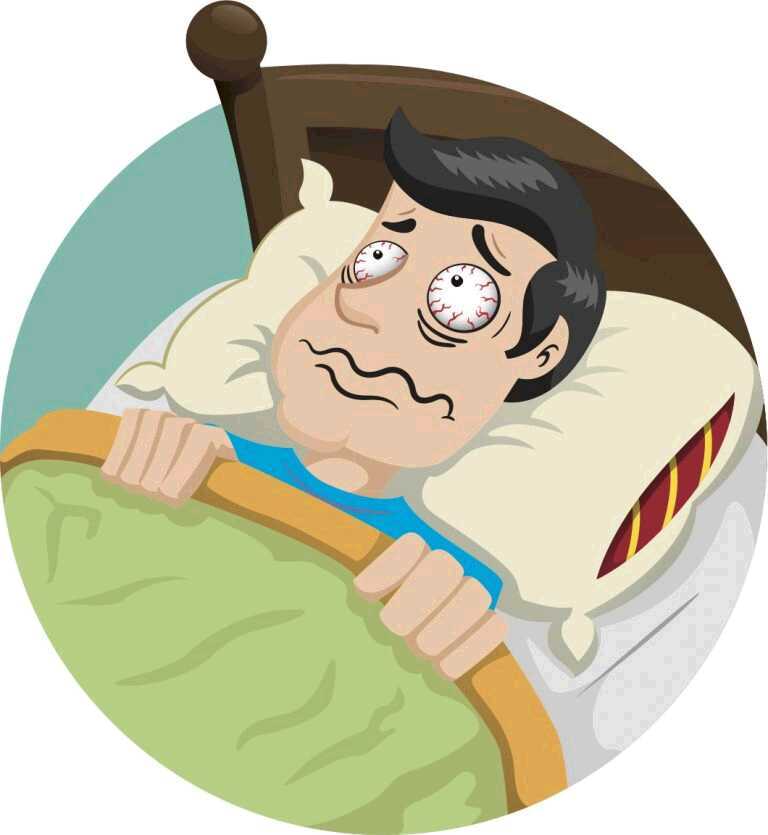
Snoring has long been the source of jokes in sitcoms, among husbands and wives, and old friends. It is typically regarded as a harmless, if annoying, a trait common to men and seen less commonly (and more embarrassingly) in women. Despite its innocuous appearance, snoring can actually be a symptom of a deeper problem.
Sleep Apnea and Diabetes
Sleep apnea is a condition in which airways are blocked, leading to brief periods (from seconds to entire minutes) of skipped breaths. As a consequence, sleep disturbances and insufficient oxygen, both of which can result in serious side effects including memory loss, exhaustion, impeded breathing, weight gain, blood pressure increases, and blood sugar instability can occur.
Sleep apnea and diabetes are related in several ways. Sleep apnea is more frequently found in individuals who are overweight or obese, which is often a starting point for the development of Type 2 diabetes. Particularly, it is also more common in people who have high amounts of visceral fat, regardless of overall weight.
The condition can be particularly problematic for diabetic patients as many sleep apnea symptoms coincide with diabetes symptoms and can, therefore, be overlooked. Undiagnosed and untreated sleep apnea can drastically worsen the symptoms and complications associated with diabetes, making diabetes management difficult—if not entirely impossible.
#1. Poor Blood Glucose Regulation
While difficulty controlling blood sugar is a hallmark of diabetes, being unable to keep your levels stable despite a long period of success could indicate an underlying problem. If you’ve always struggled to keep your levels stable, this could also mean that you’ve long had sleep apnea but have never been diagnosed.
Because sleep apnea causes constant interruptions in sleep, your body cannot get the correct amount of rest. Failing to rest properly makes your body incapable of storing and using food correctly.

#2. Persistent Fatigue
Constant exhaustion is another warning sign that sleep apnea may be present. Feeling tired after a single full night’s rest is not necessarily indicative of a problem, but failing to feel adequately rested following a significant period of sleep could mean that your body is not sleeping or resting as fitfully as you think it is.
#3. High Blood Pressure
Without adequate rest, the body cannot properly and effectively regulate blood pressure. Stress levels can spike, tempers can flare, and blood pressure can climb correspondingly high. Although this particular condition is often found in conjunction with diabetes, prolonged and unexplained high blood pressure could indicate that your body is not resting as it ought to.
ReferencesEveryday Health. Accessed 7/22/17.
Web MD. Accessed 7/22/17.
